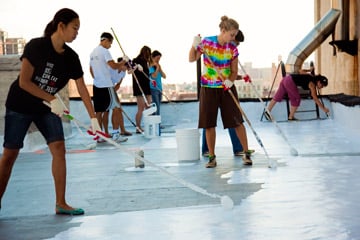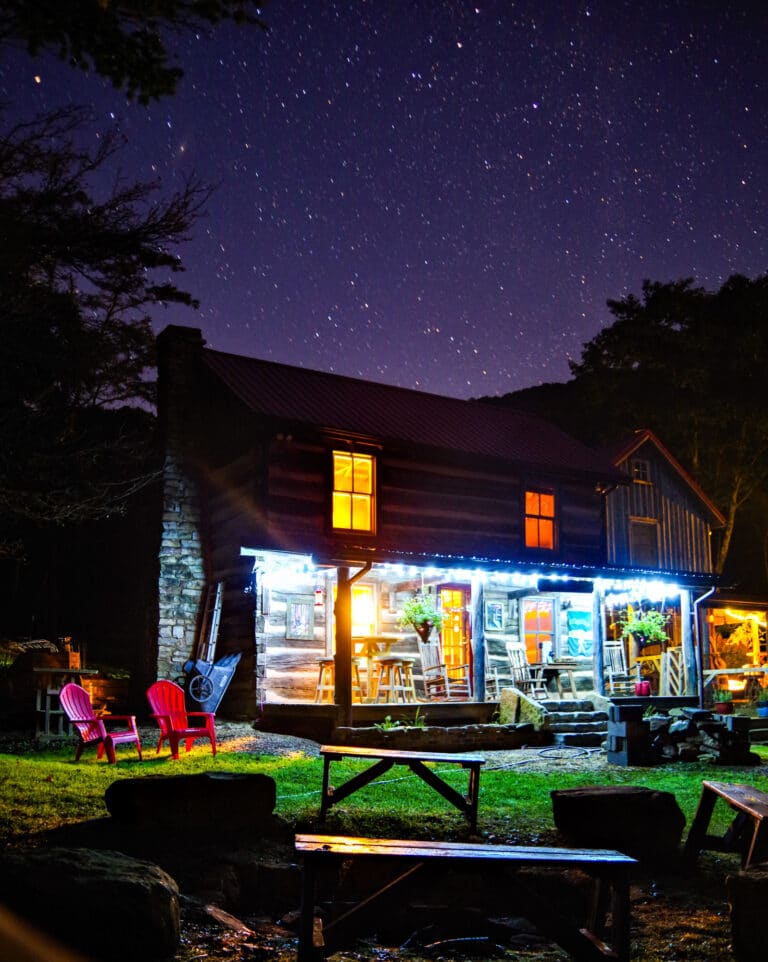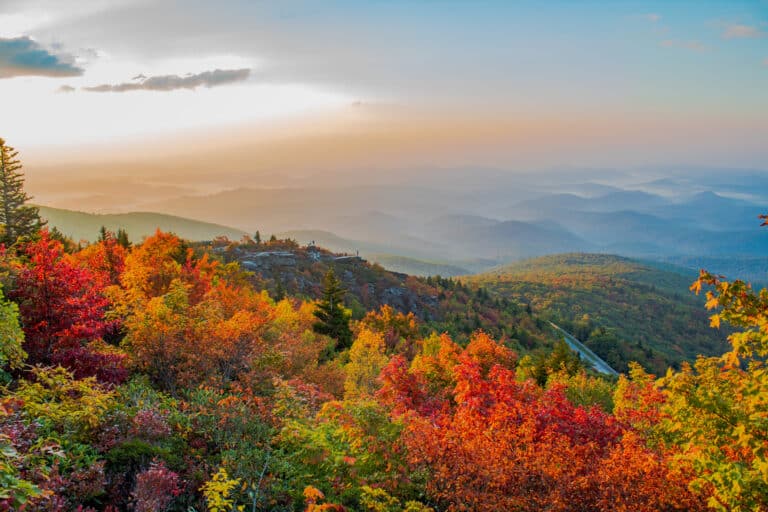Some 90 percent of U.S. buildings have dark-colored roofs which, when exposed to full sun can increase in temperature by as much as 90 °F. A white roof typically increases temperatures only 10-25 °F above ambient air temperatures during the day. Pictured: The White Roof Project at work. Credit: Courtesy White Roof Project
EarthTalk®
E – The Environmental Magazine
Dear EarthTalk: I’ve heard that simply painting your roof white can reduce household electricity bills by 40 percent. Is this something any of us can do? — Susan Pierson, Sumter, SC
Yes anyone can do it—and the benefits can be significant, especially for those in warmer climates who expend a lot of energy keeping cool. But most of the world’s roofs, including on some 90 percent of buildings in the U.S., are dark-colored.
Dark colored roofs absorb more heat from the sun’s rays than light colored ones, and as such get much hotter. A black roof exposed to full sun can increase in temperature by as much as 90 °F (50 °C), meaning the air conditioning inside has to work that much harder to compensate for the added heat load.
But a white or reflective roof typically increases temperatures only 10-25 °F (5–14 °C) above ambient air temperatures during the day. This translates into a savings of up to 15 percent on air conditioning energy use over a year for a typical one-story residence, according to the U.S. Department of Energy (DOE). The upshot of this energy savings is not only cost savings for the consumer—annual energy bill savings of 20-40 percent aren’t uncommon for single story homes in America’s Sun Belt—but also reduced air pollution and greenhouse gas emissions generated in the production of electricity.
A white roof also helps keep buildings and houses without air conditioning cooler in the summer than they would otherwise be. And it also helps mitigate the “urban heat island effect” whereby a city can be 6-8 °F warmer than its surrounding areas on warm summer days.
The non-profit White Roof Project promotes the concept across the U.S. and last year painted some 30 buildings, helping hundreds of families lower their energy bills in the process.
“A white roof project is low cost, easy to implement, relieves stress on the power grid, cuts down on smog, and creates tangible change for individuals, our communities, and even globally,” reports the group, which is looking to expand its work across the country significantly in 2013 and expand internationally in 2014.
The White Roof Projects gives away instructions (via a free downloadable “DIY Packet”) to help do-it-yourselfers paint their own roofs white without hiring a painter or roofer. All it takes is a few painting supplies, a couple of cans of highly reflective elastomeric white paint, and a plan for how to cover all relevant surfaces properly and safely. Those who would rather hire someone to do the ladder climbing and paint application can hire any local painter or roofer.
While green roofs may be preferable from a strictly environmental perspective in that they contain plants that filter pollutants and reduce run-off, white roofs may indeed provide more overall environmental benefit for the cost of a couple of cans of special white paint. Indeed, painting the roof white might be the best energy efficiency improvement you can make to your building or house.
CONTACTS: White Roof Project, www.whiteroofproject.org; DOE Cool Roof Fact Sheet, www1.eere.energy.gov/buildings/pdfs/cool_roof_fact_sheet.pdf.
EarthTalk® is written and edited by Roddy Scheer and Doug Moss and is a registered trademark of E – The Environmental Magazine (www.emagazine.com). Send questions to: [email protected]. Subscribe: www.emagazine.com/subscribe. Free Trial Issue: www.emagazine.com/trial.







